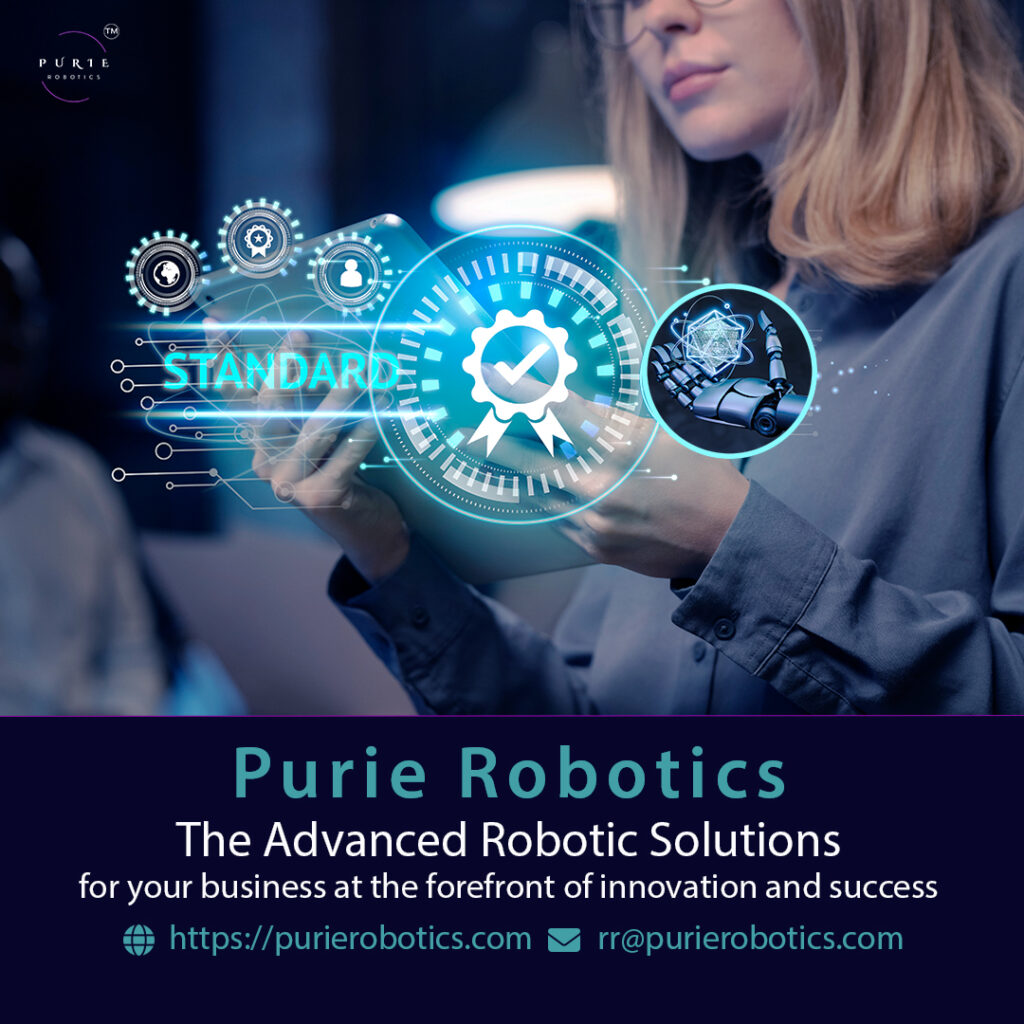
Robots can play a crucial role in driving business growth across various industries. Here are some key areas where robotics can significantly enhance business operations:
1. Increased Efficiency and Productivity
- Automation of Repetitive Tasks: Robots can handle repetitive tasks more efficiently than humans, freeing up employees to focus on higher-value activities.
- 24/7 Operations: Robots can work around the clock without the need for breaks, significantly increasing productivity.
- Labor Cost Savings: By automating tasks, businesses can reduce their reliance on manual labor, leading to substantial cost savings.
- Reduced Errors and Waste: Robots perform tasks with high precision, minimizing errors and reducing waste, which leads to cost savings.
3. Enhanced Quality and Consistency
- Precision and Accuracy: Robots can perform tasks with a level of precision and consistency that is difficult to achieve with human labor.
- Standardization: Ensuring uniformity in product quality and service delivery.
4. Improved Safety and Risk Management
- Hazardous Environments: Robots can operate in dangerous or harmful environments, reducing the risk to human workers.
- Consistency in Safety Protocols: Robots follow safety protocols strictly, minimizing the risk of workplace accidents.
5. Data Collection and Analysis
- Real-Time Monitoring: Robots equipped with sensors can provide real-time data on various aspects of operations.
- Advanced Analytics: Analyzing the data collected by robots can lead to better decision-making and operational improvements.
6. Scalability
- Flexible Deployment: Robots can be quickly deployed and redeployed based on business needs.
- Adaptability: Modern robots can be programmed to handle multiple tasks, making them versatile assets as business needs change.
7. Enhanced Customer Experience
- Service Robots: Robots can enhance customer service through applications like automated check-ins, information kiosks, and personalized assistance.
- Improved Response Time: Faster and more accurate responses to customer inquiries and issues.
Industry-Specific Applications:
Manufacturing
- Automated Assembly Lines: Robots can automate complex assembly processes, increasing production speed and consistency.
- Quality Control: Using robots for inspection and quality control ensures high standards are maintained.
Retail
- Inventory Management: Robots can track and manage inventory in real-time, reducing stockouts and overstock situations.
- Customer Interaction: Service robots can assist customers in stores, providing information and guiding them to products.
Healthcare
- Surgical Robots: Robots can assist in surgeries, providing precision and reducing recovery times.
- Logistics: Robots can transport supplies and medications within healthcare facilities, ensuring timely delivery.
Logistics and Warehousing
- Automated Guided Vehicles (AGVs): These robots can transport goods within warehouses, optimizing the supply chain.
- Inventory Robots: Robots can manage inventory by scanning barcodes and tracking stock levels in real-time.
Real Estate
- Property Management: Robots can handle maintenance, inspections, and security, ensuring properties are well-managed and secure.
- Construction: Robots can assist in building and surveying tasks, speeding up the construction process and reducing costs.
Examples of ROI from Robotics:
- Reduced Operational Costs: By automating repetitive and labor-intensive tasks, companies can significantly reduce labor costs.
- Increased Throughput: Automation can lead to higher production rates and faster service delivery, leading to increased revenue.
- Enhanced Quality: Robots ensure consistent quality, reducing defects and returns, which saves costs and improves customer satisfaction.
- Improved Safety: By handling dangerous tasks, robots reduce workplace injuries, leading to lower insurance costs and a safer working environment.
By integrating robotics into your business operations, you can drive efficiency, reduce costs, improve quality, and enhance the overall customer experience, leading to substantial growth and a competitive advantage in the market
#Artificial Intelligence, #automation, #business growth, #food delivery, #hospital, #hotels, #industry, #industry growth, #research and innovation, #robotics

Leave a Reply